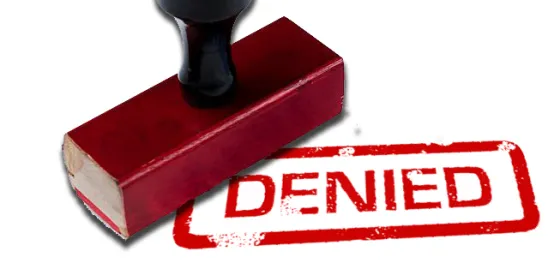Well another day, another example of how bad TCPA arguments continue to make defending these cases harder for everyone.
In Moore v. Healthcare Sols. Inc., Case No. 21-cv-4919, 2022 U.S. Dist. LEXIS 220437 (N.D. Ill. December 7, 2022) a Plaintiff received two unwanted calls from the same number on the same day. He answered the second call and was pitched some stuff he didn’t want.
As the court colorfully put it:
The caller was a representative from Defendant Healthcare Solutions, Inc., offering to sell Moore an insurance policy. And just like that, Moore’s home turned into an insurance bazaar, with a salesperson peddling products that Moore didn’t want or need. Moore wasn’t interested in insurance, so he hung up.
You can see where this is headed.
He sued–because that’s what George Moore does–bringing a TCPA class action against the insurance company.
Now I suspect the Defendant likely has some very good vicarious liability defenses here, and perhaps some standing arguments. But rather than wait to bring those the company decided to argue that the Plaintiff had not pleaded he received two solicitations–as the law requires–but only a single call.
After all, the argument goes, someone else could have made the first call from the number that day. Or maybe it was us but we were calling about something else. Since he didn’t answer the phone, he doesn’t know.
*cough*
That is obviously a terrible argument and the Court, correctly, rejected it.
But, as so often happens, the Defendant actually had a good argument to go with it. It also argued Moore had not alleged he personally placed his number on the DNC list which is a REALLY important requirement recognized by a new case earlier this year.
Unfortunately, likely because the court was irked by the first argument, the Court steadfastly rejected this approach:
That argument rests on an unduly strict reading of the regulation. The text refers to a subscriber “who has registered” a telephone number…. [But] [n]othing in the text ascribes any importance to the person who registered the number. The focus is on whether the number was registered, not who did the registration. The regulation protects numbers, not particular people. That’s why the Registry includes numbers, not names…
It does not matter who registered the phone number on the Do Not Call Registry. But even if it mattered, the complaint would survive. The complaint alleges that Moore’s phone number is registered, and that Moore is the only person who uses that number. That’s more than enough to support a reasonable inference that Moore registered his number.
So, while it is true that bad facts make bad law, so do bad arguments.
Let’s try to have a better Friday TCPAWorld.




 />i
/>i
